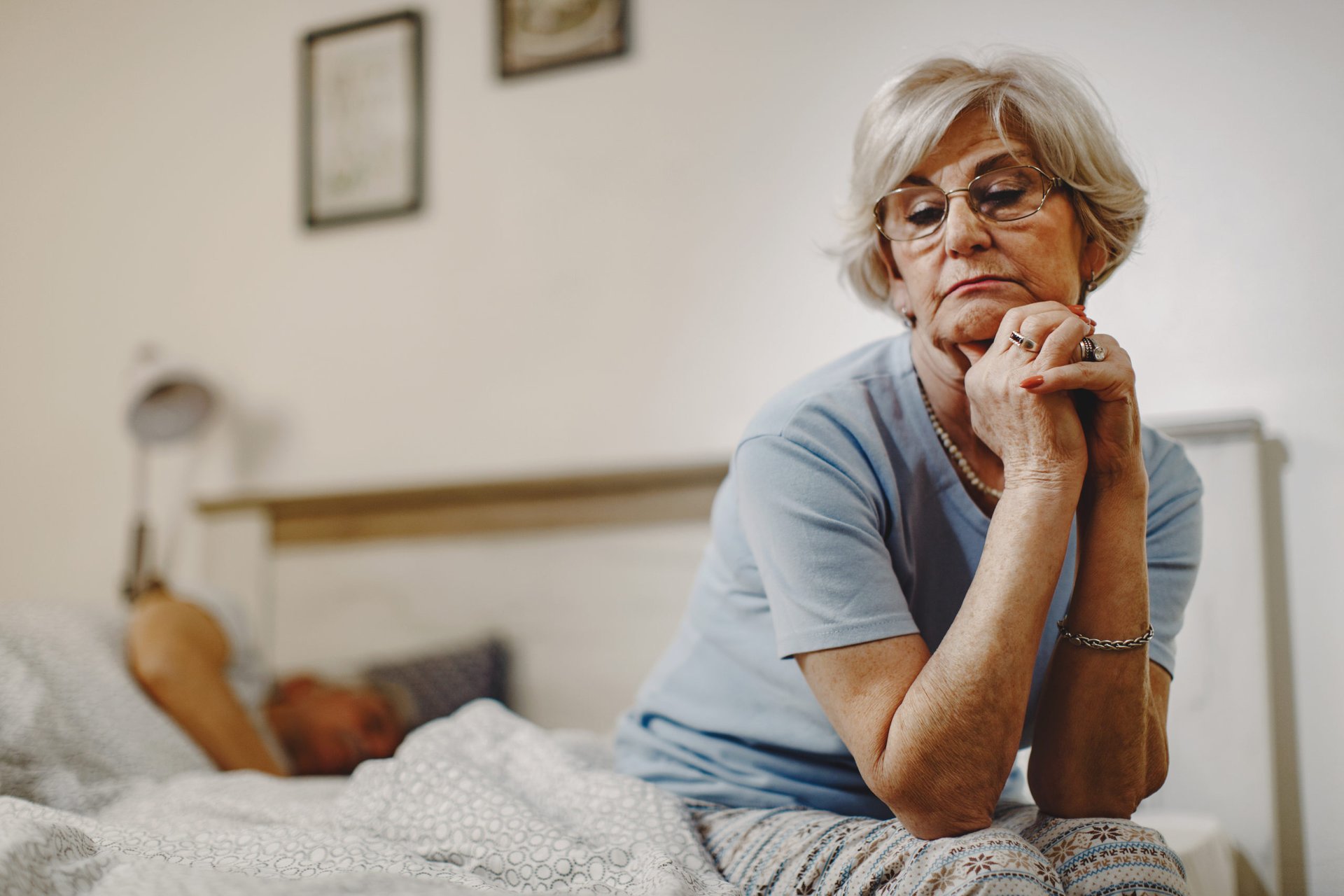
Even just a hint of light in your room at night might leave you staring down at a larger number on your scale in the morning, according to a new Northwestern Medicine study.
Researchers found that among men and women between the ages of 63 and 84, those exposed to any amount of light as they sleep were “significantly more likely” to be obese compared with those who were not exposed to any light during the night.
In addition, those who sleep in rooms where light creeps in were at higher risk of having health conditions such as high blood pressure and diabetes.
The 552 study participants were already considered to be at a higher risk for heart disease and diabetes.
“We wanted to see if there was a difference in frequencies of these diseases related to light exposure at night,” co-author Dr. Minjee Kim, assistant professor of neurology at Northwestern University Feinberg School of Medicine, said in an interview with CNN.
For seven days, the participants wore a device on their wrists that measured their light exposure, such as from sleeping with a TV on for white noise or from light pollution outside.
Because the study was observational, as opposed to an experiment in which researchers can control key variables, the findings show there is an association between nighttime light exposure and certain health conditions but cannot prove a direct, cause-and-effect relationship between them.
As the Northwestern report notes, the researchers “don’t know if obesity, diabetes and hypertension cause people to sleep with a light on, or if the light contributed to the development of these conditions.”
Still, Dr. Phyllis Zee, chief of sleep medicine at the Feinberg School of Medicine, noted the importance of minimizing if not avoiding light exposure while sleeping.
In her interview with CNN, Zee discussed an earlier study of young adults that found that sleeping with a dim light on can have impacts such as raising heart rate and blood sugar levels.
According to CNN:
“The dim light entered the eyelids and disrupted sleep in the young adults despite the fact that participants slept with their eyes closed, Zee said. Yet even that tiny amount of light created a deficit of slow wave and rapid eye movement sleep, the stages of slumber in which most cellular renewal occurs, she said.”
For more on getting better sleep, check out “This Is the Optimal Amount of Sleep for Older Adults.”





Add a Comment
Our Policy: We welcome relevant and respectful comments in order to foster healthy and informative discussions. All other comments may be removed. Comments with links are automatically held for moderation.